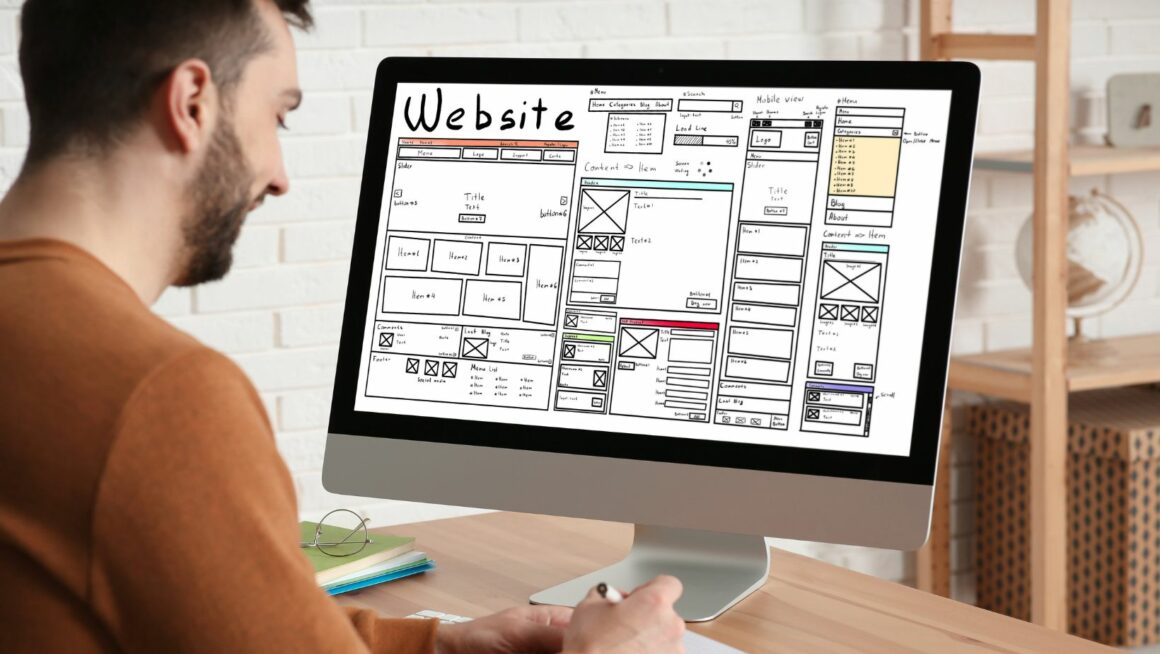In today’s fast-paced digital landscape, businesses strive to deliver seamless user experiences while maintaining efficiency and quality. UI automation tools have emerged as essential allies in this quest, enabling developers and testers to streamline repetitive tasks and ensure consistent performance across various platforms. These tools not only enhance productivity but also significantly reduce human error, making them indispensable in modern software development.
As technology evolves, the demand for robust and reliable UI automation tools continues to rise. They empower teams to execute complex test scenarios, validate user interfaces, and simulate real-world interactions with precision. By leveraging these tools, organizations can accelerate their development cycles and maintain a competitive edge in the market. Understanding the capabilities and benefits of different UI automation tools is crucial for any team looking to optimize their workflow and deliver high-quality products.
UI Automation Tools
 UI automation tools facilitate testing processes by allowing developers and testers to automate repetitive tasks. These tools ensure consistent performance across different platforms like web, mobile, and desktop applications. By simulating user interactions, they help in identifying potential issues before deployment.
UI automation tools facilitate testing processes by allowing developers and testers to automate repetitive tasks. These tools ensure consistent performance across different platforms like web, mobile, and desktop applications. By simulating user interactions, they help in identifying potential issues before deployment.
Common tools, such as Selenium and Appium, provide a framework to execute test scripts efficiently. Selenium is widely used for web applications due to its compatibility with multiple browsers and programming languages. Appium supports various platforms and is beneficial for mobile testing.
Key features of UI automation tools include test case management, integration with CI/CD pipelines, and analytics for test results. These functionalities enable teams to monitor and enhance application performance continuously. They’ll benefit organizations seeking to reduce manual testing efforts and improve release cycles.
Key Features To Look For
Selecting the right UI automation tools involves evaluating several key features. These features ensure tools meet organizational needs and contribute effectively to testing workflows.
Compatibility
 Tools must support various platforms, browsers, and devices to accommodate diverse user environments. Compatibility with web, mobile, and desktop applications is crucial. Tools like Selenium and Appium offer broad compatibility, making them popular choices.
Tools must support various platforms, browsers, and devices to accommodate diverse user environments. Compatibility with web, mobile, and desktop applications is crucial. Tools like Selenium and Appium offer broad compatibility, making them popular choices.
Automation tools should have intuitive interfaces and easy learning curves. This accessibility allows testers and developers to quickly adapt and maximize productivity. User-friendly features like drag-and-drop test creation can simplify workflows.
Integration Capabilities
Seamless integration with existing systems, including CI/CD pipelines, is essential. Tools should support integrations with popular platforms like Jenkins and Git. Enhanced integration capabilities enable more efficient test automation processes.
Popular UI Automation Tools
UI automation tools support efficient testing and maintenance of applications. Several options cater to diverse needs and development environments.
Selenium
 Selenium excels in web application testing. It’s an open-source tool, offering a comprehensive framework for browser automation. Developers and testers value Selenium for its compatibility with various browsers and operating systems. It supports multiple programming languages, including Java, Python, and C#. Selenium’s rich ecosystem of plugins and its ability to integrate with CI/CD pipelines make it a preferred choice for many teams seeking flexibility and extensibility.
Selenium excels in web application testing. It’s an open-source tool, offering a comprehensive framework for browser automation. Developers and testers value Selenium for its compatibility with various browsers and operating systems. It supports multiple programming languages, including Java, Python, and C#. Selenium’s rich ecosystem of plugins and its ability to integrate with CI/CD pipelines make it a preferred choice for many teams seeking flexibility and extensibility.
TestComplete
TestComplete provides a versatile platform for automated UI testing. It supports web, mobile, and desktop applications, allowing testers to create tests using keywords or scripting languages like Python and JavaScript. TestComplete is known for its robust object recognition abilities and its flexibility in automating GUI tests. It also integrates seamlessly with various development tools, making it a strong contender for comprehensive test automation.
Katalon Studio
Katalon Studio offers an all-in-one solution for test automation. It’s designed for testers of all skill levels, enabling both scriptless and script-based testing approaches. The tool supports web, API, and mobile testing, providing cross-platform capabilities. With built-in analytics and reporting features, Katalon Studio helps teams track and improve test performance. Its integration with CI/CD tools streamlines workflows and automates testing processes effectively.
Appium
Appium specializes in mobile application testing. It’s an open-source tool focused on automating native, hybrid, and mobile web applications on both iOS and Android platforms. Appium’s architecture enables reusable test scripts across different devices. It supports various programming languages and frameworks, enhancing adaptability in diverse testing environments. Appium’s integration capabilities with multiple testing tools further bolster its utility for continuous testing processes.

